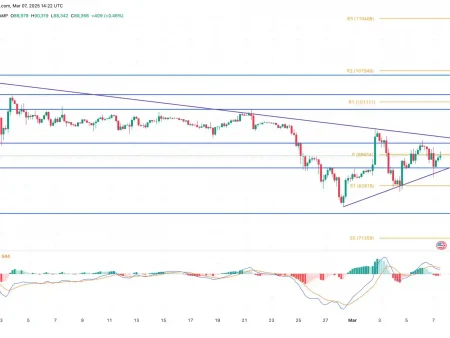
After all hope was lost in a recent phishing attack involving a merchant, the hacker has shown a gesture of good faith with a partial refund. According According to cryptoanalysis provider Lookonchain, a trader reportedly lost 1,155 WBTC worth $71 million in a phishing attack about six days ago.
After all hope was lost in a recent phishing attack involving a merchant, the hacker has shown a gesture of good faith with a partial refund. According According to cryptoanalysis provider Lookonchain, a trader reportedly lost 1,155 WBTC worth $71 million in a phishing attack about six days ago.
As described at the time, there was what appeared to be address poisoning in the transaction. The scammer generated an address similar to that of the victim, as evidenced by the leading and trailing alphanumeric symbols. This hacker then funded the fake address with $0 and as such it appeared in the victim’s transaction history.
Without suspecting anything, since the middle part of most addresses is usually hidden, the victim sent a whopping sum of $71 million to the hacker. While many of these attack strategies are common, this one has been the most publicized in recent times.
In a unique turn of events, Lookonchain revealed that the hacker had started refunding the stolen funds, which were converted to Ethereum. At the time of the update, a total of 4,676 ETH has been refunded to the victim, worth approximately $14.2 million. As things stand, it is unclear whether the refund is based on generosity or as a white hat event where the hacker ends up getting a reward.
While the return of stolen funds is a great gesture, this is not the first time hackers have taken such action. There are precedents in this regard. Most of the stolen money that was refunded belonged to the DeFi protocol Poly Network. The hacker, who stole more than $600 million of the stolen funds, returned all the money, to the astonishment of many.
There are many cases of scams in the crypto ecosystem lately, and hackers are now turning to artificial intelligence technologies like Deepfakes to scam gullible victims. Instead of relying on refunds, industry leaders are raising awareness among communities to adopt the best security standards to avoid falling victim to scams.
























